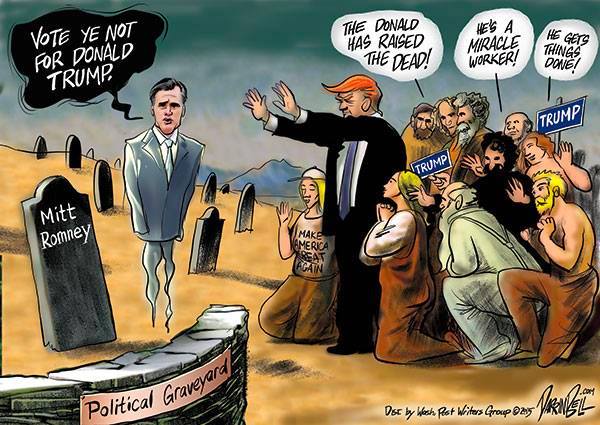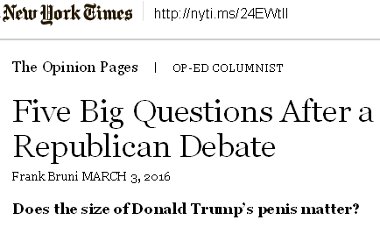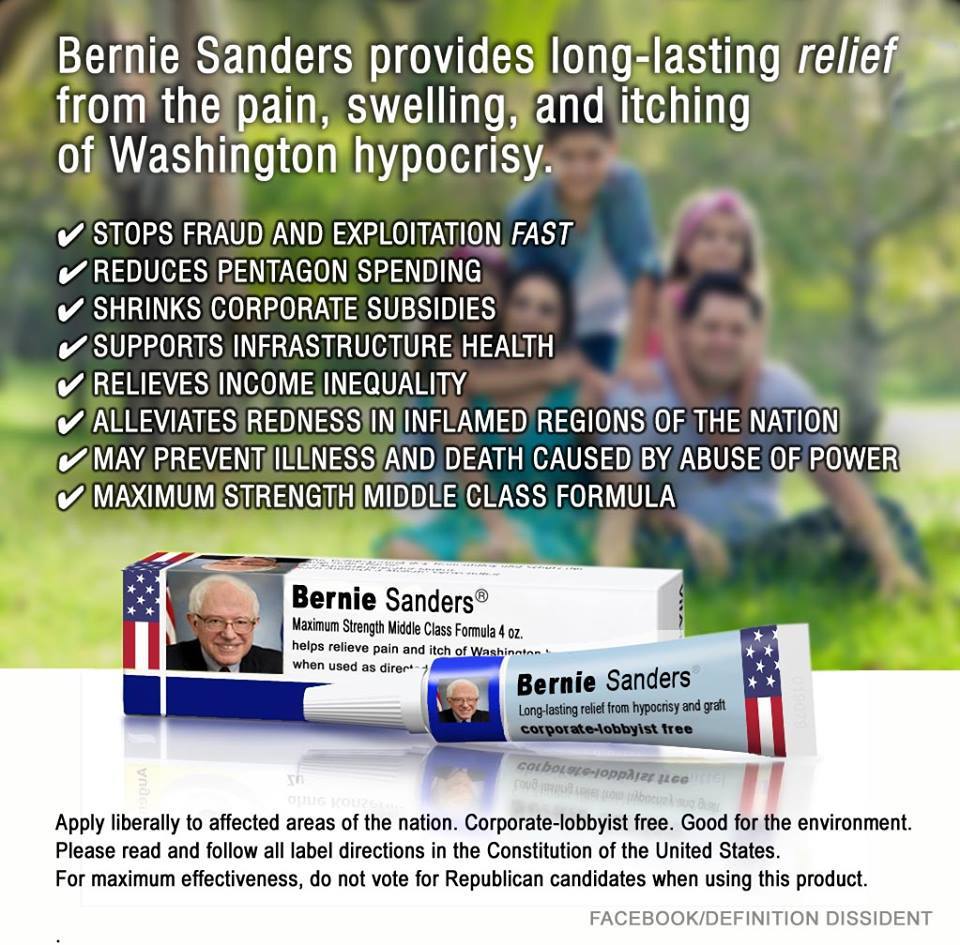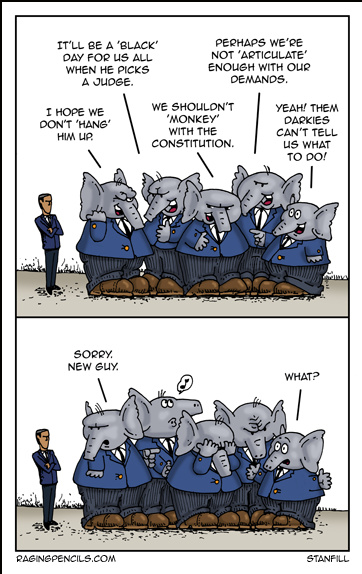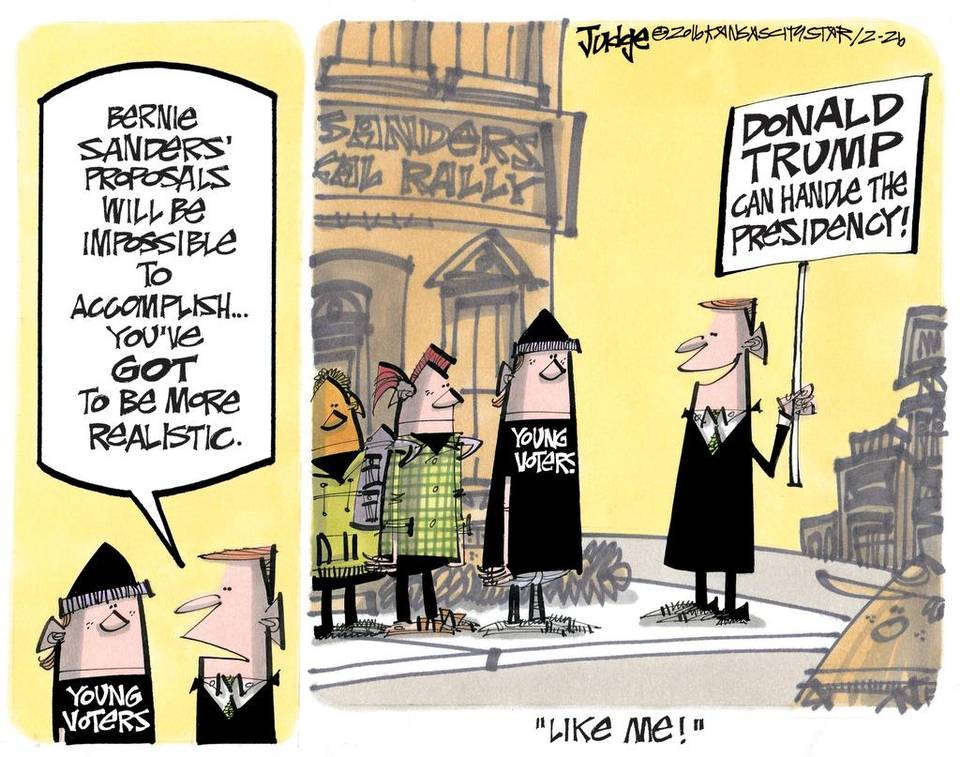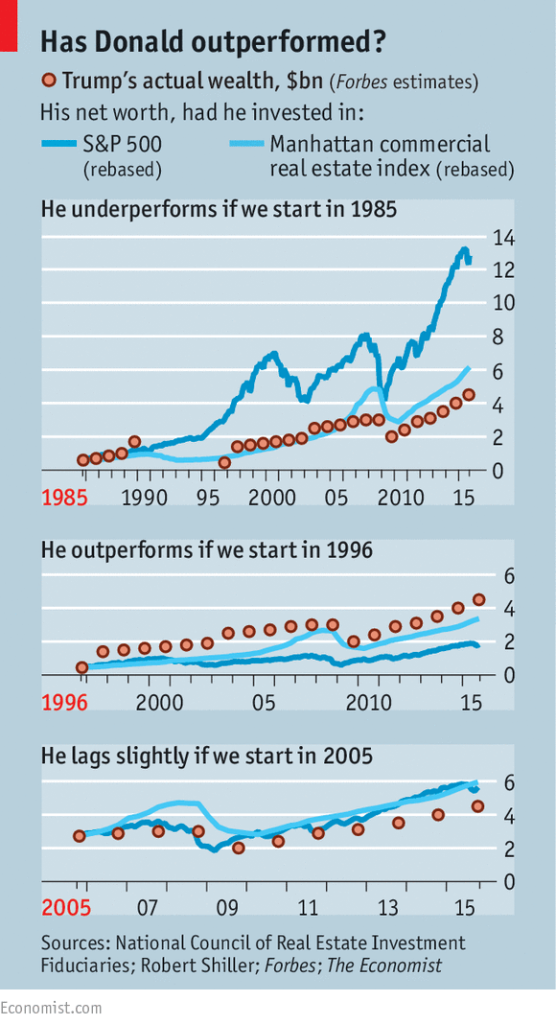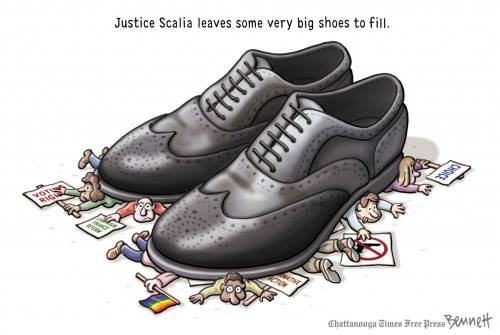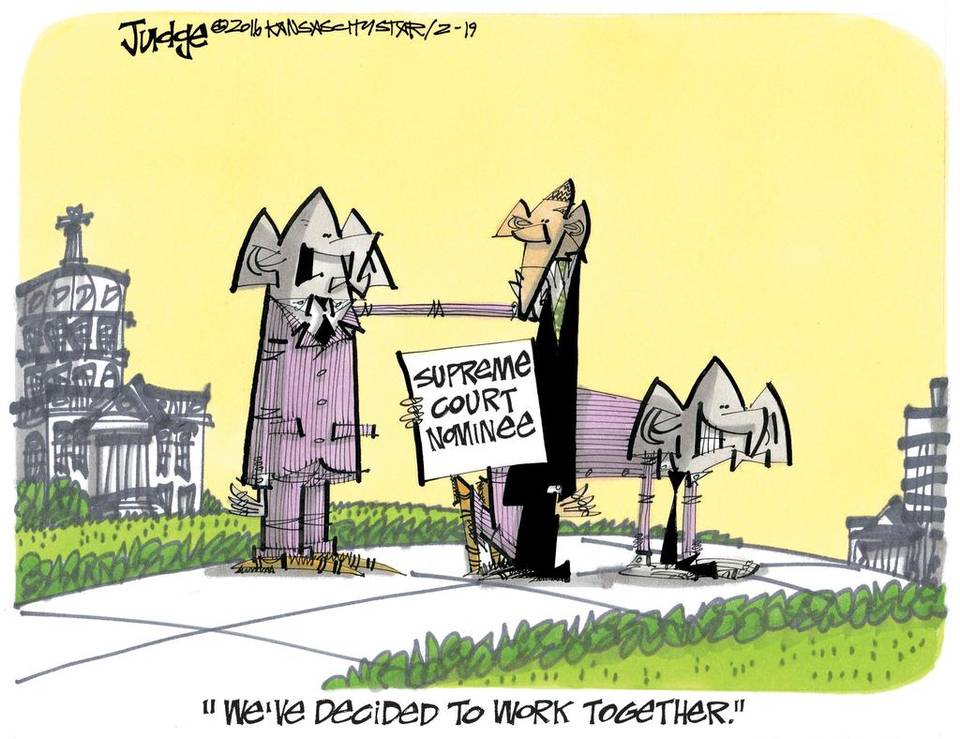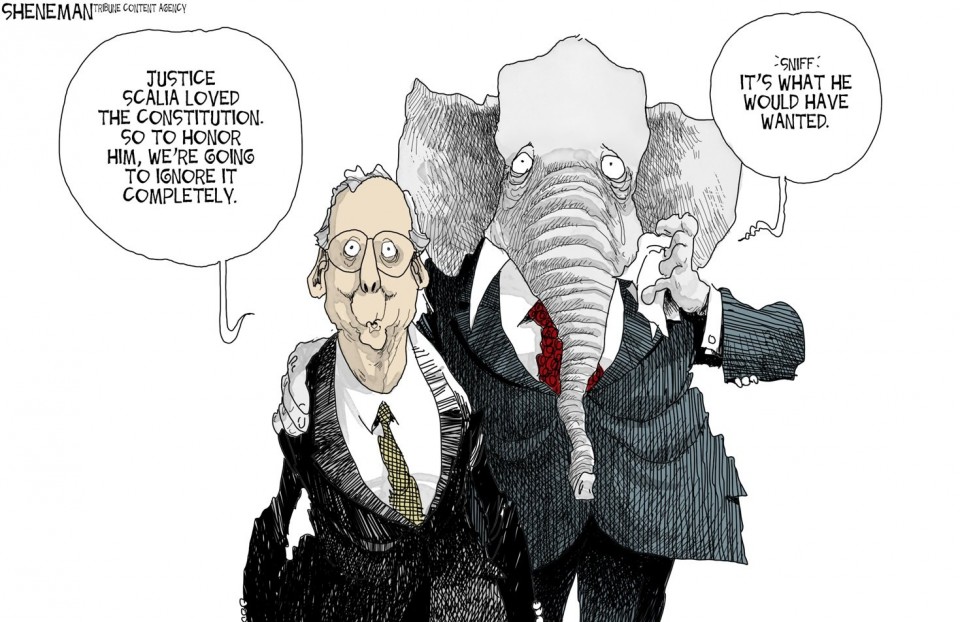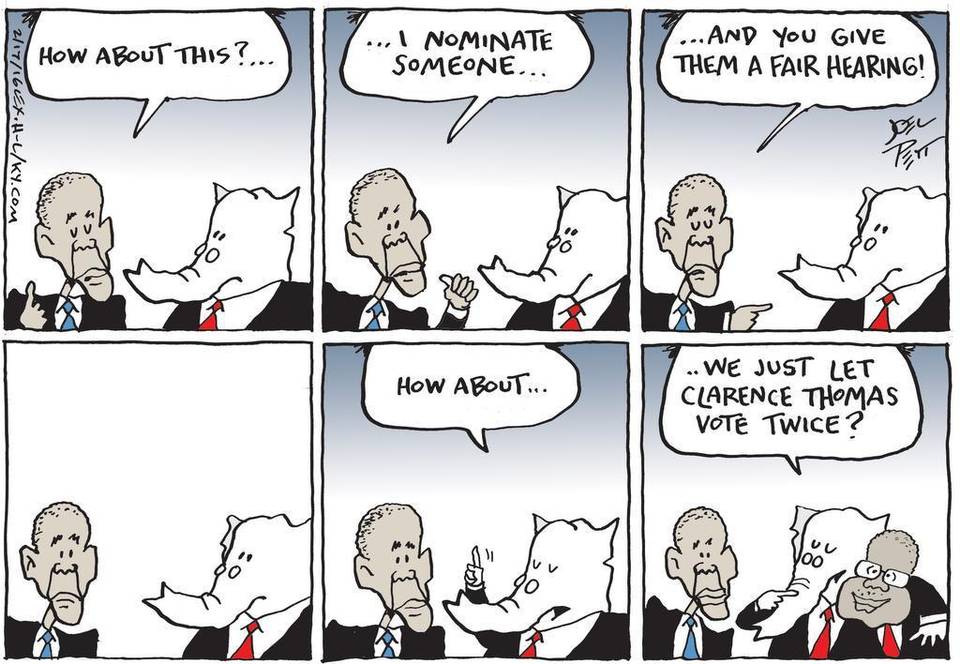Wrongo didn’t watch the Democratic debate because it was up against the series finale of “Downton Abbey”. Some think that the effort to bury the Dem debates in popular TV time slots is a conscious decision by DNC Chair, Debbie Wasserman Schultz, designed to make Bernie Sanders less competitive with Hillary Clinton.
Conscious or not, few people are watching these debates.
One thing that is overstated in the Democratic primary process is Bernie’s uphill slough with African Americans. The accepted pundit logic is that he does so badly with AA’s that he has no chance to win.
What is overlooked in that analysis is that the 20 primaries held so far have split 12-8 in favor of Clinton (based on who won the majority of committed state delegates). Clinton does have a big lead in delegates, 1130 to Sanders’s 499.
So, consider what Bernie has been able to accomplish. In winning 8 states, he’s exposed a Clinton weakness: She doesn’t do well among the most committed white Democrats – the kind of folks who turn out for caucuses in states like Iowa, Minnesota, and Colorado.
And then there is the under-reported uphill slough by Hillary Clinton: That the Sanders campaign is out raising Clinton’s funds. He’s raising his money from ordinary citizens (five million individual donations at this point). And, unlike Clinton, WaPo reports that he does it easily:
Sanders outraised Clinton again in February for the second month in a row, bringing in $42.7 million to her $30 million. On the last day of the month alone, he brought in $6 million online as the campaign used social media to egg on his backers to give, give and give again.
The WaPo also reported that Clinton has had to take two days off the campaign trail to raise money in California for use against Sanders in the primaries. And in a one-week stretch later this month, she is scheduled to make seven fundraising stops in six states — Georgia, Tennessee, Connecticut, Virginia, Washington and California.
Bernie’s funds-raising power has triggered concern among some Clinton allies that it will weaken her — not only because she must spend so much money competing against him, but also because he is criticizing her in ways that could dampen enthusiasm for her in the fall. She may risk donor fatigue when the general election gets under way.
Perhaps one reason why Clinton may risk donor fatigue in the late stages of the election is that she has already tapped many large potential investors. From 2013-15, she earned $21.4 million in speaking fees from 91 organizations. Those funds did not go into her campaign, or into one of her Super PACs. The funds went into her own accounts, making her a member of the 1%.
You can see the listing of the organizations that paid her an average of $235k per speech here.
As Scott Lemieux of LGM said, paying people six figures (plus luxury perks) to deliver rote speeches is one of the more egregious mechanisms by which America’s overcompensated elites reward each other.
More from Scott:
The speaking fees do not constitute quid pro quo bribes, and they will not turn Hillary Clinton into a right-winger. But they’re nonetheless one of the many ways in which the wealthy exert disproportionate influence on the political process.
So, Clinton’s uphill sloughs come first, from needing money to blunt the Sanders insurgency. She needs to take days out of campaigning to pin down more funding by the wealthy to match the funding of everyday people for Sanders. Second, she needs to explain her awesome ability to get paid by US corporations.
This hurts in a few ways: When she talks about inequality and opportunity, she often starts with canned stories of her middle class upbringing – stories which she says prove that she has more in common with the cashier than the CEO. That can’t seem genuine to many low income people.
And when Clinton’s speaking fees come up, she knows that it also rubs lots of people the wrong way. She should say something along the lines of:
This is exactly why I think people like me should pay much higher taxes in this economy, so middle-class people could pay less.
Her tax plans seem to say she believes that, but she has not used her own plan as a direct response to the speaking fees question.
Hill has two different uphill sloughs, both occurring at the same time.

